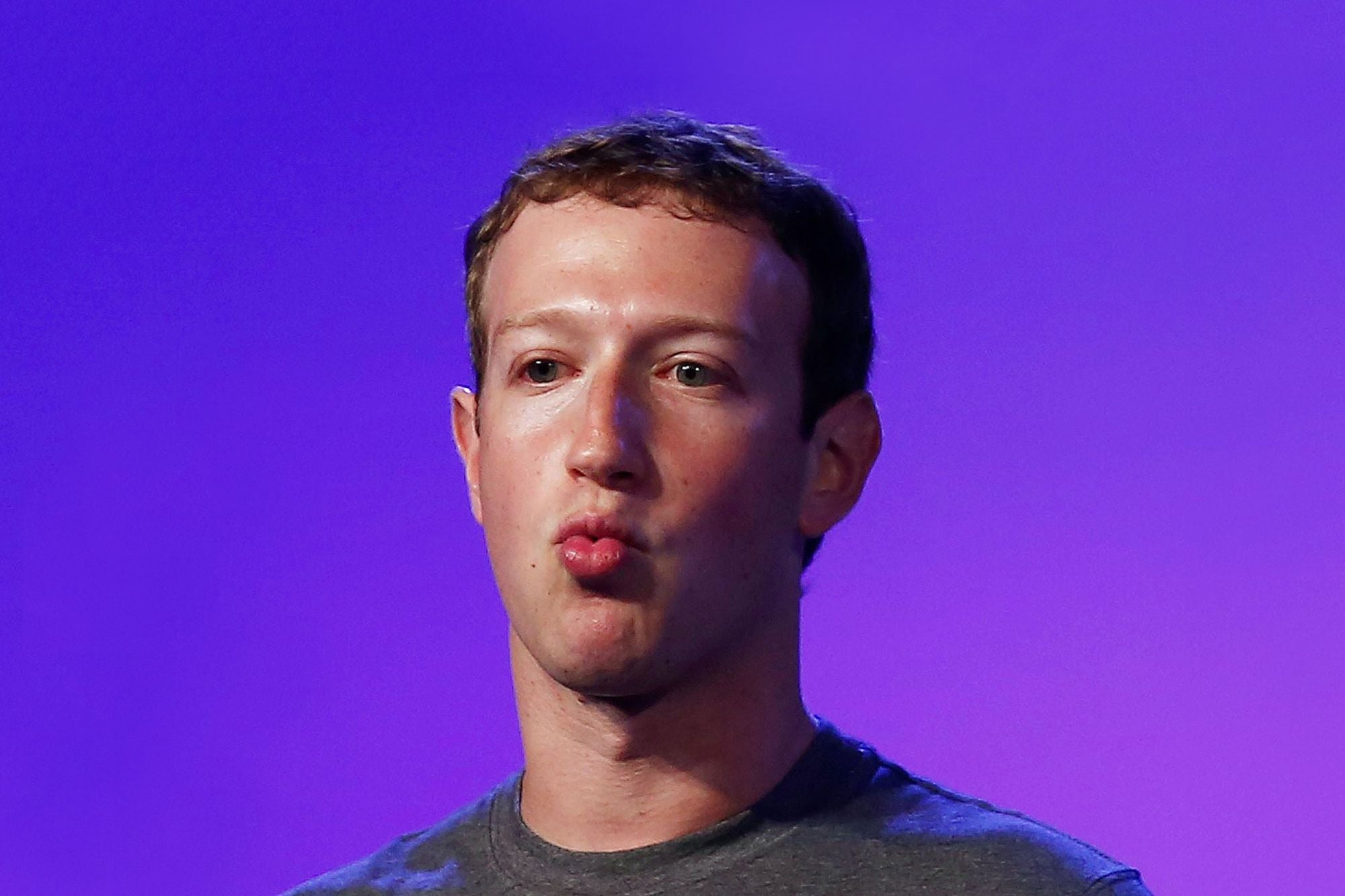The Facebook Papers Are a Timely Reminder That Mark Zuckerberg Is Totally Ruthless About Making Money Facebook is a money-making juggernaut, not a philanthropic endeavor.
By Jake Kanter •

This story originally appeared on Business Insider

If you take one thing away from wading through 250 pages of Facebook documents, it is this: Here is a company that is totally ruthless about growth.
This shouldn't be a surprise, of course. You don't get to 2.3 billion users and revenues of $40 billion by playing nice all the time. But rarely do we see the inner workings of a company out to make money laid bare in such detail.
The documents, seized by British parliamentarians and published in a redacted form on Wednesday, don't contain a catastrophic bombshell, but they do call to mind a barb slung at Facebook earlier this year.
While being questioned by the same group of lawmakers that published the Facebook papers, chief technology officer Mike Schroepfer was told by MP Paul Farrelly that Facebook reminds him of a famous quote about Goldman Sachs.
Related: Need a Business Idea? Here are 55
Turning to American author and journalist Matt Taibbi's 2009 attack on Goldman Sachs in Rolling Stone, Farrelly read the article's opening gambit:
"The first thing you need to know about Goldman Sachs is that it's everywhere. The world's most powerful investment bank is a great vampire squid wrapped around the face of humanity, relentlessly jamming its blood funnel into anything that smells like money."
The Facebook documents offer a patchy and incomplete picture of internal discussions, sometimes bereft of context. At the centre of some illuminating moments is Mark Zuckerberg, a far cry from the gawky product guy who created Facebook from his dorm room. He cuts a thoughtful figure, who is across the detail of Facebook's revenue-generating endeavours. "The Godfather," as Bloomberg's Shira Ovide refers to him in the Fully Charged newsletter.
The papers don't contain a smoking gun about Facebook selling the data of its billions of users. Indeed, Facebook has repeatedly said that it has "never sold people's data."
All the ways Facebook is ruthless
But the papers, which date as far back as 2012, provide evidence that Facebook cut deals that fell just short of selling data. Notably, it signed off on preferential "whitelisting agreements" with firms including Netflix and Airbnb, giving these firms great access to data.
And it wasn't just exploiting its own data that Facebook discussed and actioned. It was also ruthless about hoovering up data, the papers show. Emails show Facebook collected Android call and SMS data to improve its algorithms and "People You May Know" feature -- despite being aware that it would generate bad press.
Another feature of the documents is Facebook's willingness to stamp on rivals. This manifested itself in two ways: Restricting their access to Facebook information, and obsessively tracking competitors to see if they could make potential acquisition targets.
Related: Is My Data Really Safe? Your Questions About Cloud-Based Storage, Answered.
On the former, Zuckerberg personally approved a decision to cut off Vine's access to data in January 2013 -- just as the Twitter video app, which was shuttered in 2016, was starting out. Zuckerberg also presided over a list of rivals and decided whether they could access its platform information or not.
On the evening before the documents were published, Facebook reversed these kinds of restrictions as part of a policy review. The company said it's important its "platform remains as open as possible."
And the $19 billion deal to buy WhatsApp? Well, that came after Facebook carefully tracked the app using Onavo, a VPN and data analytics tool. Onavo's data showed WhatsApp was outpacing Facebook Messenger on engagement and message sends, according to "highly confidential" charts in the papers. So Facebook removed the competition by bringing it in-house.
But perhaps the most telling example of Facebook's laser focus on growth came from Zuckerberg himself when discussing his attitude toward providing third-party apps with access to its platform in 2012. In an email, he made the stark admission: What's good for the world isn't necessarily what's good for Facebook.
It jars somewhat with Facebook's public credo to make the world "more open and connected." It's a timely reminder that Facebook is a ruthless money-making juggernaut, not a philanthropic endeavor.










